Latin American and Caribbean Studies
World in Focus: Venezuelan Drug Boat Strikes

October 7, 2025
4:00 pm
Uris Hall, G08
Join Einaudi Center experts for World in Focus Talks on global events in the news and on your mind. Our faculty's research and policy insights put the world in focus.
This year we’re hosting informal campus discussions on many Tuesday afternoons. This week’s topic:
Following a military buildup in the Caribbean, the U.S. government has confirmed multiple airstrikes on Venezuelan boats suspected of drug smuggling—killing at least 17 in September. The U.S. claims these actions are “armed conflict” against narcoterrorist organizations. The Venezuelan government condemns the attacks as illegal.
Is the U.S. violating international law? What may happen if tensions continue to escalate?
***
Featured Faculty
Oumar Ba (PACS) | Government Pedro M. R. Barbosa (LACS) | Visiting ScholarKen Roberts (LACS) | GovernmentDavid Bateman | GovernmentAleida Sandoval | Visiting Scholar
***
Conversations Matter at Einaudi
This conversation is hosted by the Mario Einaudi Center for International Studies and its regional and thematic programs. Find out what's in store for students at Einaudi!
Additional Information
Program
Einaudi Center for International Studies
Reppy Institute for Peace and Conflict Studies
East Asia Program
Southeast Asia Program
Latin American and Caribbean Studies
Institute for African Development
Institute for European Studies
South Asia Program
Migrations Program
Southwest Asia and North Africa Program
Warming Climate is Biggest Threat to Rangelands
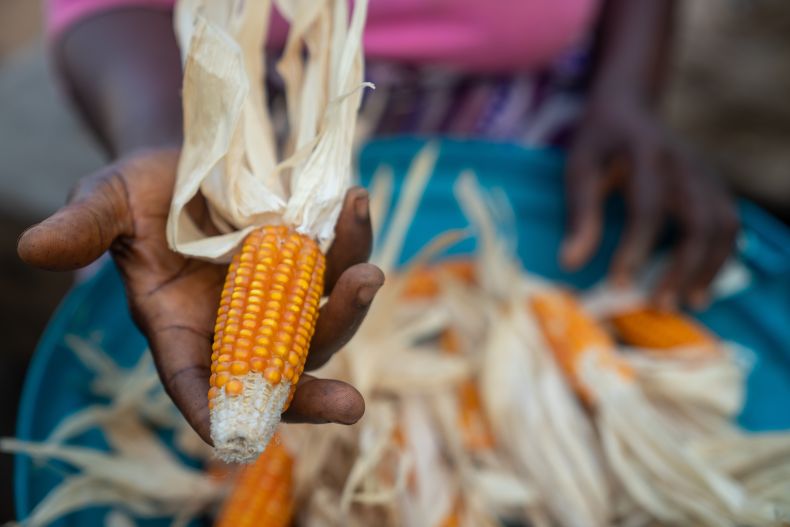
Lund Debater Chris Barrett in World in Focus
Chris Barrett (Dyson/Brooks) analyzes climate impacts on Mongolian rangeland this month in Science. He joins Muna Ndulo (Law) on October 22 to debate the future of international aid.
Is (Cutting) International Aid Good?
This year's Lund Critical Debate explores the impact of aid on global communities, what makes aid effective—and how to move forward.
“It’s always struck me as puzzling, why people in suits and ties in capital cities seem to think that the pastoralists don’t understand very well how to manage these lands. And yet, there’s this common belief that you have to get them to reduce their herd sizes. That just hurts the herders.”
Overgrazing is commonly blamed as a key cause of rangeland degradation—yet policy measures designed to limit grazing damage, like herd-size restrictions and livestock taxes, can have devastating consequences on herders' livelihoods.
In Mongolia—where 70 percent of the land area is rangeland—the government revived a national livestock head tax in 2021 in response to perceived overgrazing impacts.
New research from Chris Barrett (IAD/SEAP) identifies a more significant factor: climate change.
Barrett's team analyzed longitudinal data on vegetation conditions and livestock population, collected annually by the Mongolian government across 40 years. They found that larger herds can slightly reduce rangeland productivity over the short term, but climate and weather have a much larger effect. The team published the findings on September 18 in Science.
“When we look really carefully at the equivalent of county scale over the whole country, over 41 years, we find that the longer-run changes in rangeland conditions are entirely attributable to changes in the climate,” said Barrett.
“Mongolian rangelands are affected more by the collective greenhouse gas–emitting behaviors around the globe than by local herders,” he wrote in the Science article. “Policymakers might therefore usefully focus attention on global mitigation and on international compensation for climate damages and less on taxing herders who … appear responsible for little if any of the change in Mongolia’s rangeland primary productivity over the past 40 years.”
The project began among Barrett's graduate students, including one who grew up on the Mongolian rangelands. Coauthors include two alumni from Mongolia—Tumenkhusel Avirmed ’21, MS ’23, now a research data analyst at Stanford University, and Avralt-Od Purevjav, PhD ’20, a consultant at the World Bank.
Chris Barrett is the Stephen B. and Janice G. Ashley Professor of Applied Economics and Management in the Dyson School of Applied Economics and Management and a professor in the Cornell Brooks School of Public Policy. He is a frequent commentator and policy advisor on food security and agricultural economics.
Featured in World in Focus Briefs
Additional Information
Information Session: Fulbright U.S. Student Program
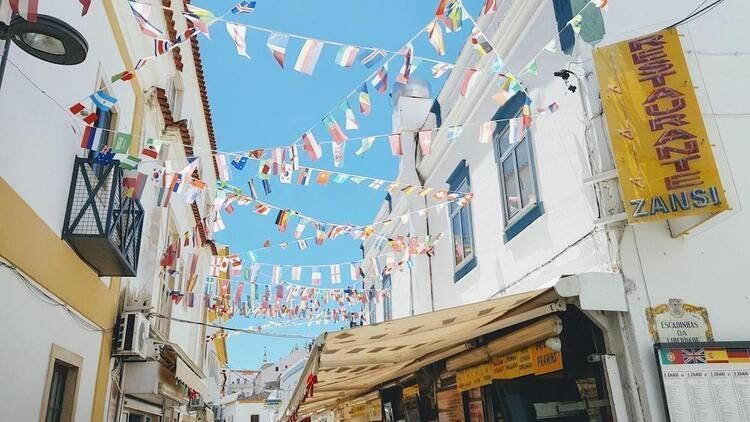
November 17, 2025
4:45 pm
The Fulbright U.S. Student Program supports U.S. citizens to study, conduct research in any field, or teach English in more than 150 countries. The program is open to graduate students, recent graduates, and young professionals. Undergraduate students who wish to begin the program immediately after graduation are encouraged to start the process in their junior year. Recent graduates are welcome to apply through Cornell.
The Fulbright program at Cornell is administered by the Mario Einaudi Center for International studies. Applicants are supported through all stages of the application and are encouraged to start early by contacting fulbright@einaudi.cornell.edu.
Register for the virtual session.
Can’t attend? Contact fulbright@einaudi.cornell.edu.
Additional Information
Program
Einaudi Center for International Studies
Reppy Institute for Peace and Conflict Studies
East Asia Program
Southeast Asia Program
Latin American and Caribbean Studies
Institute for European Studies
South Asia Program
Migrations Program
Institute for African Development
Southwest Asia and North Africa Program
Monitoring and Accompanying Peacebuilding Processes in Post-Accord Contexts: The Case of Colombia
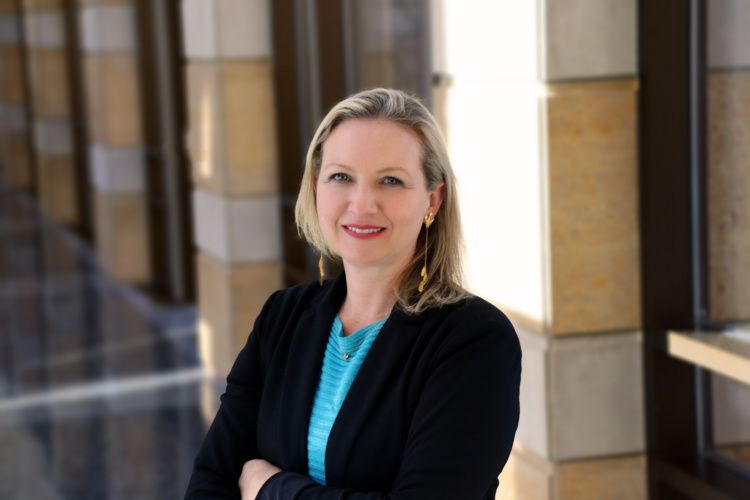
November 6, 2025
12:00 pm
Uris Hall, G08
This lecture discusses the concept of peace agreements as platforms for constructive social change, which requires authentic engagement and institutional transformations. It posits that signing peace accords is an important yet, alone and by itself, an insufficient step towards peacebuilding. Rather, the challenge of peacebuilding after wars lies in a robust implementation of the commitments reached at the negotiation table. Dialogue and inclusion during the negotiations needs to be permanent and continued after the signature. This lecture discusses these aspects in particular in the Colombian case, and highlights the role of third-party monitors in accompanying the process.
About the speaker
Josefina Echavarría Álvarez is professor of the practice and the director of the Peace Accords Matrix (PAM) program at the Kroc Institute for International Peace Studies, part of the Keough School of Global Affairs at the University of Notre Dame. She leads PAM’s researchers, faculty and staff in the South Bend campus, as well as PAM’s field units that carry out official monitoring of the implementation of peace accords in real time. In Colombia, PAM’s Barometer Initiative carries out official monitoring of the entire 2016 Final Peace Agreement between the Colombian government and the former FARC-EP guerrillas. In the Philippines, in partnership with Catholic Relief Services (CRS) Philippines, PAM-Mindanao provides monitoring methodology and technical assistance to measure the progress of the Normalization Annex of the 2014 agreement between the Government of the Philippines and the Moro Islamic Liberation Front (MILF). Josefina also directs the Legacy Project for “Preserving and Engaging the Digital Archive of the Colombian Truth Commission", which guarantees continued access to more than 200,000 files including audiovisual, non-textual knowledge and digitized documents compiled by the Colombian Truth Commission.
Host
Reppy Institute for Peace and Conflict Studies, part of the Einaudi Center for International Studies
Additional Information
Program
Einaudi Center for International Studies
Reppy Institute for Peace and Conflict Studies
Latin American and Caribbean Studies
Is (Cutting) International Aid Good?
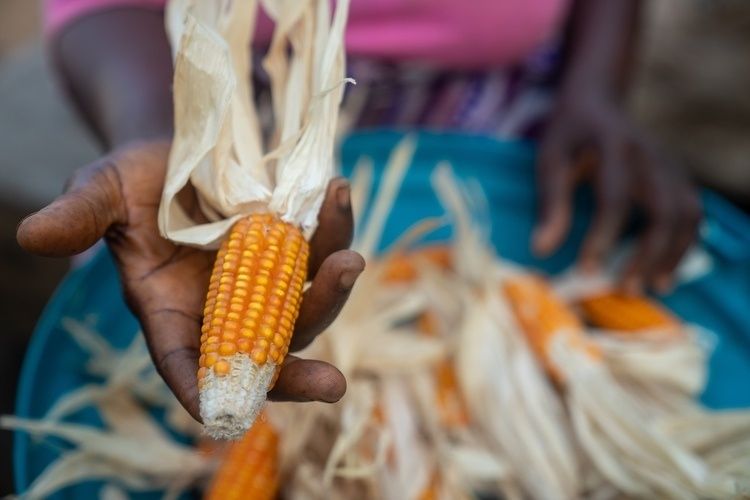
October 22, 2025
5:00 pm
Goldwin Smith Hall, G76, Lewis Auditorium
Lund Critical Debate
Since January 2025, the United States has slashed billions in international aid—and effectively dismantled the U.S. Agency for International Development (USAID), responsible for administering U.S. development and humanitarian aid around the world. In what has become the largest restructuring of aid in the nation’s history, thousands of UN-administered programs have also lost funding, disrupting critical programs and services, breaking supply chains, and leading to widespread closures and layoffs.
These sweeping cuts affect food security, global health, democratic governance, and more—and the stakes have never been higher. As the landscape of international aid evolves, the world faces new questions about the impact of aid on communities, what makes international aid effective—and how to move forward.
This year's Lund debate from the Mario Einaudi Center for International Studies brings together policy and practice experts for an unfiltered look at the future of international aid. Join Einaudi Center faculty Chris Barrett (Dyson/Brooks) and Muna Ndulo (Law) as they tackle these questions: Who benefits from aid? Do some types of aid work better than others? Should we pursue new approaches to international development? What are the best ways to take strategic action in the world while investing in America’s security, economy, and global position?
***
Interested in attending? Complete this RSVP.
***
Panelists
Chris Barrett is the Stephen B. and Janice G. Ashley Professor of Applied Economics and Management in the Dyson School of Applied Economics and Management and a professor in the Cornell Brooks School of Public Policy. He is coeditor-in-chief of the journal Food Policy and a frequent commentator and policy advisor on food security and agricultural economics. Barrett won the USAID Science and Technology Pioneers Prize (2013), among many other awards for research, teaching, and public outreach. Read recent Chronicle coverage of Barrett's research.
Muna Ndulo is the William Nelson Cromwell Professor of International and Comparative Law at Cornell Law School and an internationally recognized scholar in the fields of constitution making, governance and institution building, international criminal law, African legal systems, and human rights. Ndulo has served as consultant to the African Development Bank, World Bank, Economic Commission for Africa, United Nations Development Program, and other international organizations. He led the Einaudi Center's Institute for African Development from 2001 to 2020.
Moderator
Paul Kaiser is the Einaudi Center's practitioner in residence in fall 2025. Kaiser has extensive experience in international development, with a focus on sub-Saharan Africa, South Asia, and the Pacific Islands. His career spans roles at USAID, the Millennium Challenge Corporation, and World Bank. Previously, Kaiser taught political science and African studies at Mississippi State University and the University of Pennsylvania.
***
About the Debate
The Lund Critical Debate is a signature event of the Mario Einaudi Center for International Studies. Established in 2008, Einaudi's Lund Debate series is made possible by the generosity of Judith Lund Biggs '57.
Additional Information
Program
Einaudi Center for International Studies
Reppy Institute for Peace and Conflict Studies
East Asia Program
Southeast Asia Program
Latin American and Caribbean Studies
Institute for African Development
Institute for European Studies
South Asia Program
Migrations Program
Southwest Asia and North Africa Program
Anthropology Colloquium: Elizabeth F.S. Roberts
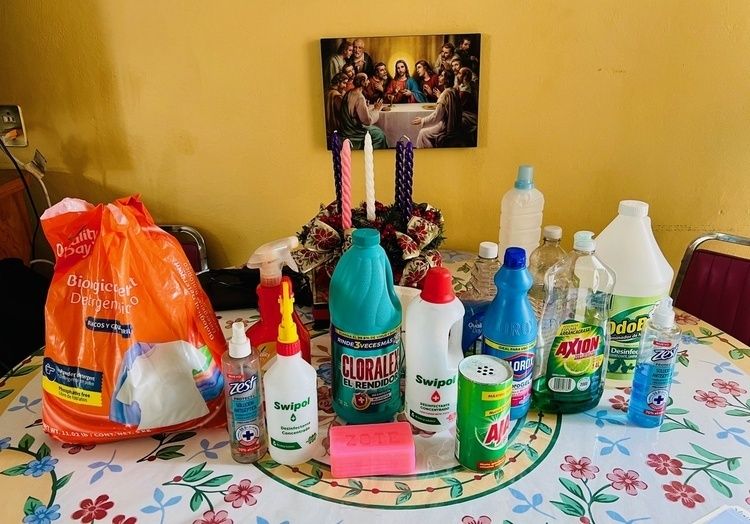
October 3, 2025
3:00 pm
120 Mary Ann Wood Drive, B21
Towards A Cosmopolitics of Chemical Exposure
Chemicals can be hard to see. Same with gods, spirits and saints. Both kinds of entities are lively and ambiguous forces, more-than-human others. In this talk, I reflect on over a decade of ethnographic and collaborative research with exposure scientists and their working-class study participants in Mexico City, to argue for a cosmopolitics of chemical exposure. The exposure scientists and their research subjects in Mexico City, tend to have very different modes of relating to unseen forces. The scientists ignore spirits and saints while insisting on a nature separate from human concerns, allowing them to position humans as separable from chemicals. Their research subjects, on the other hand, grapple with the permeating powers of both chemicals and saints. For instance, they constantly assess whether their exposure to lead-glazed ceramics, which makes food sweeter, and to Santa Muerte, a saint reviled by the Catholic Church, disconnects them or binds them more closely with others. In effect, their grappling raises the question of whether these entities are worthy of devotion. My collaboration with the scientists now involves grappling together with more of the relations that constitute exposure, but I omit the saints and spirits from our considerations. I wonder though, if by extirpating those forces from our grapplings I have made it less urgent for the scientists to apprehend the unseen entities that might better hold us together.
Elizabeth F.S. Roberts is a professor of anthropology at the University of Michigan, who investigates scientific and public health knowledge production and its embodied effects in Latin America, where she focuses on a range of dynamic bodily processes, including chronic disease, chemical exposure, addiction and reproduction. Dr. Roberts currently collaborates with engineers environmental health scientists and economists to trace the looping social, economic, biological, and technical processes that shape everyday life, health, and inequality in working class neighborhoods in Mexico City. One of the key aims of Professor Roberts’ current work is the development of bioethnography, a method that combines social and life sciences approaches in order to make better knowledge about health and inequality. Dr. Roberts is the author of In Praise of Addiction: Or How We Can Learn to Love Dependency in a Damaged World (Princeton University Press, 2026) and God’s Laboratory: Assisted Reproduction in the Andes (U.C. California Press 2012).
Co-sponsored by Latin American and Caribbean Studies, STS, and Cornell Atkinson Center for Sustainability. Thank you.
Additional Information
Program
Latin American and Caribbean Studies
Kidney Disease and Climate Change in Nicaragua’s Sugarcane Zone
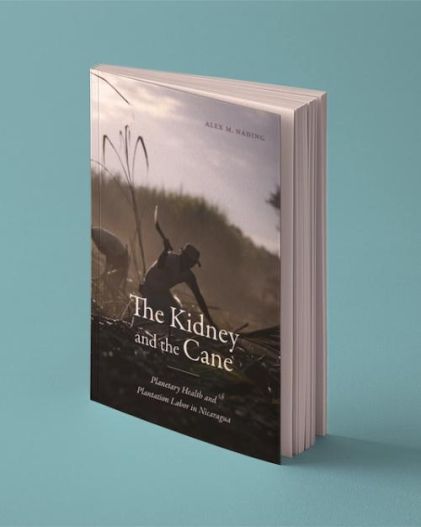
Alex Nading, LACS Director
“What is happening to the kidneys of sugarcane workers is not a result of climate change. It is climate change,” writes LACS director Alex Nading in his new book.
Additional Information
Research at Risk: Cultural and Language Fluency
SEAP and SAP lose funding, seek solutions
The federal government has announced the end of National Resource Center and FLAS funding, which have supported area studies training for decades.
Additional Information
Faculty Research Seed Grants: Global Hubs Info Session
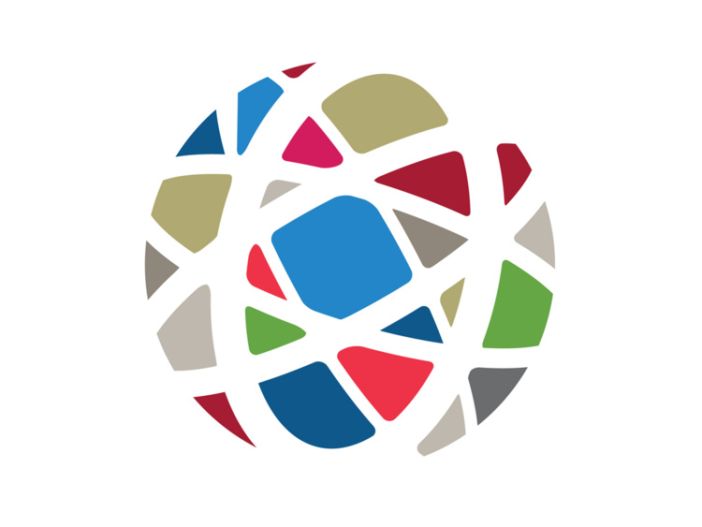
October 1, 2025
12:00 pm
Join this info session to learn about 2026 Global Hubs Faculty Research Seed Grants offered by Global Cornell as part of our Global Hubs initiative. Info session attendees will learn about the grant opportunity and application tips through a short presentation and Q&A.
Through these seed grants, Cornell faculty from across the university are invited to apply for research funds to work with collaborators at Hubs partner institutions. Funded projects should lead to tangible outcomes, including the submission of at least one co-authored peer-reviewed publication and at least one application for external grant funding.
Up to 20 applications for research with a Global Hubs collaborator will be funded.
Successful proposals will receive up to $5,000 from Cornell, with the potential for matching funds from some Global Hubs partner universities.
Application deadline: October 15, 2025, 4:00 p.m. ET
Project duration: January 1–December 31, 2026
Virtual information sessions:
September 18, 2025, 12:00–1:00 p.m. ET (register)
October 1, 2025, 12:00–1:00 p.m. ET (register)
Learn more and apply for a Global Hubs joint seed grant.
Additional Information
Program
Einaudi Center for International Studies
Latin American and Caribbean Studies
Reppy Institute for Peace and Conflict Studies
East Asia Program
Southeast Asia Program
Institute for African Development
Institute for European Studies
South Asia Program
Migrations Program
Southwest Asia and North Africa Program
Faculty Research Seed Grants: Global Hubs Info Session
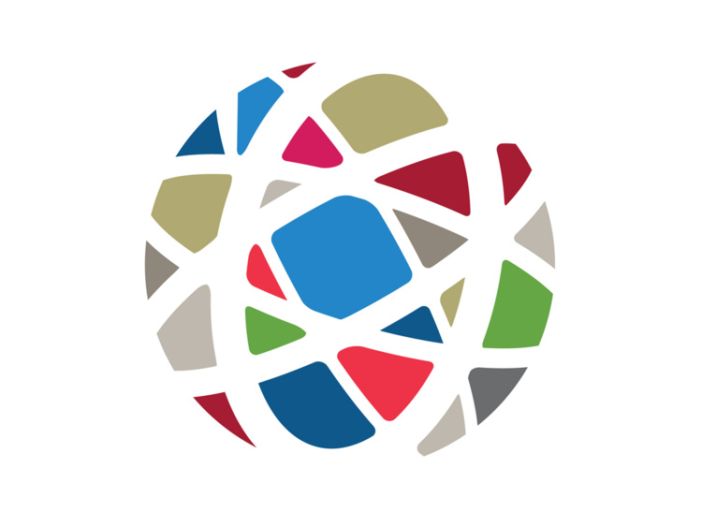
September 18, 2025
12:00 pm
Join this info session to learn about 2026 Global Hubs Faculty Research Seed Grants offered by Global Cornell as part of our Global Hubs initiative. Info session attendees will learn about the grant opportunity and application tips through a short presentation and Q&A.
Through these seed grants, Cornell faculty from across the university are invited to apply for research funds to work with collaborators at Hubs partner institutions. Funded projects should lead to tangible outcomes, including the submission of at least one co-authored peer-reviewed publication and at least one application for external grant funding.
Up to 20 applications for research with a Global Hubs collaborator will be funded.
Successful proposals will receive up to $5,000 from Cornell, with the potential for matching funds from some Global Hubs partner universities.
Application deadline: October 15, 2025, 4:00 p.m. ET
Project duration: January 1–December 31, 2026
Virtual information sessions:
September 18, 2025, 12:00–1:00 p.m. ET (register)
October 1, 2025, 12:00–1:00 p.m. ET (register)
Learn more and apply for a Global Hubs joint seed grant.
Additional Information
Program
Einaudi Center for International Studies
Latin American and Caribbean Studies
Reppy Institute for Peace and Conflict Studies
East Asia Program
Southeast Asia Program
Institute for African Development
Institute for European Studies
South Asia Program
Migrations Program
Southwest Asia and North Africa Program
